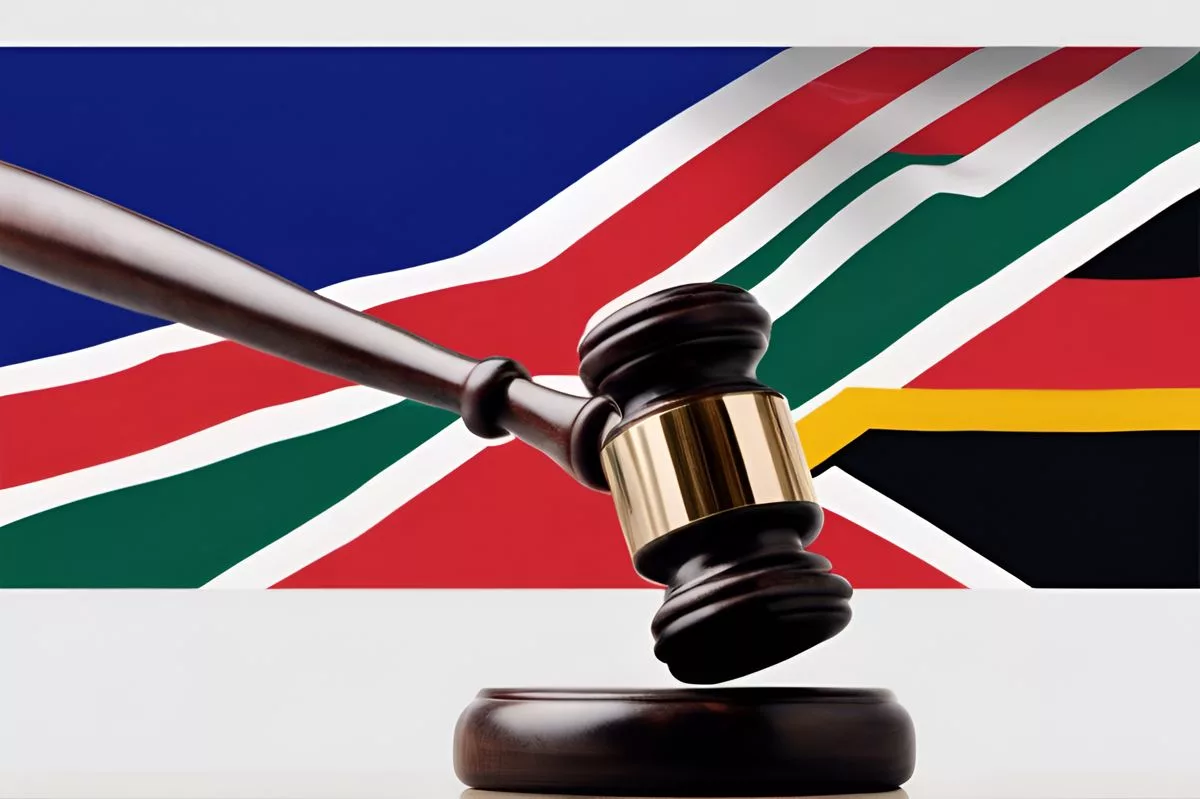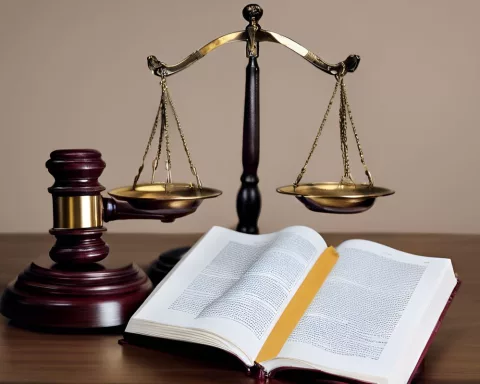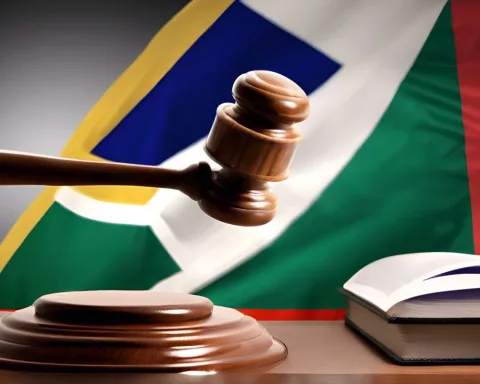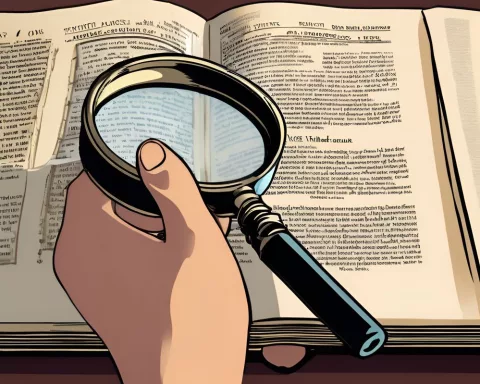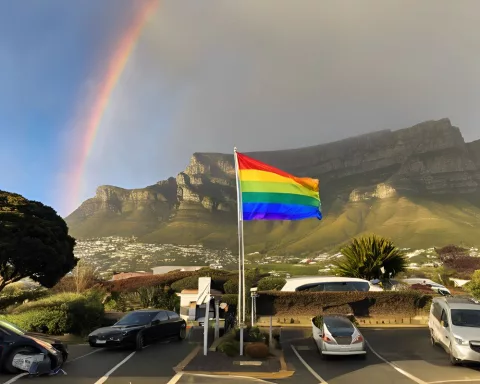The Deputy Public Protector position is a crucial role in the South African justice system, responsible for upholding fairness and justice. The position opened up for applications and nominations last year, and South African citizens who meet the necessary requirements and qualifications are invited to apply or be nominated. This is a rare opportunity for citizens to actively participate in shaping their justice system and society.
What is the Deputy Public Protector position in South Africa?
The Deputy Public Protector position is a pivotal figure in the South African justice system, responsible for upholding fairness and justice. The position opened up for applications and nominations last year, and South African citizens who meet the necessary requirements and qualifications are invited to apply or be nominated. The DPP is a presidential nominee, endorsed by the National Assembly, and serves a term set by the President, with a maximum length of seven years.
Announcement of Deputy Public Protector Position
The respected Committee on Justice and Correctional Services recently put forth a call for applications and nominations for the prestigious position of Deputy Public Protector (DPP). This news was officially announced by the committee chairperson, Mr Bulelani Magwanishe, in the wake of the previous DPP’s promotion to the role of Public Protector (PP).
Importance of the Deputy Public Protector Position
The role of the DPP is a pillar of our national justice system, holding sizable responsibility and requiring a profound dedication to upholding fairness and justice. The DPP acts as a pivotal figure in the public sector, executing duties that are fundamental to the seamless operation of our justice system.
The respected office of the DPP opened up for applications late last year after the former DPP ascended to the position of PP. The DPP is a presidential nominee, endorsed by the National Assembly, and serves a term that is set by the President at the time of the appointment, with a maximum length of seven years. The DPP, upon the end of his or her initial term, can be reappointed for one additional term. The annual remuneration for this crucial role is set at R1 924 542.
Eligibility and Application Process
South African citizens who meet the necessary requirements and hold the qualifications to occupy such an esteemed office are invited to apply or be nominated. Apart from being a fit and proper individual, the aspirant DPP must comply with certain criteria. These criteria include being licensed as an advocate or an attorney and having a minimum of ten years of practice in either role.
Alternatively, if the candidate qualifies for admission as an advocate or attorney and has a record of lecturing in law at a university for a cumulative period of at least ten years, they are eligible. Equally, a candidate with specialized knowledge or experience in the administration of justice, public administration, or public finance, spanning a cumulative period of ten years, would be suitable. Additionally, a ten-year long member of Parliament would also be an apt candidate. Lastly, any combination of experiences specified in the criteria, totaling at least ten years, would also be valid.
Applications and nominations should be detailed, encompassing a curriculum vitae (CV), full name, ID number, and gender. They should provide contact information, including physical address, telephone/cell phone number, and email address. Applicants should give a comprehensive account of relevant past work experience, including the corresponding dates and organizations. Academic qualifications should also be explicitly stated.
The Role of Citizens in the Selection Process
The Significance of Participation
This invitation for nominations and applications marks a vital moment in our country’s justice system. It provides an uncommon chance for proficient and qualified individuals to come forward and contribute to the administration of justice and uphold the rule of law. The individual who is granted the position will bear the responsibility of ensuring justice is served, and fairness is maintained throughout our nation.
The DPP’s role is beyond the reach and prestige it commands; it is about service, dedication, and commitment to preserving the principles of justice. It demands a person of high moral standing, a profound understanding of the law, and an unwavering dedication to public service.
An Opportunity for Active Citizenship
This position has implications for all citizens. It offers us the chance to show an active interest in the procedures that shape our justice system and, in turn, our society. It is a reminder that in a democratic nation like ours, the justice system exists to serve its people.
This invitation for applications and nominations encourages us to participate in a process that is fundamental to our democracy. Let’s embrace this opportunity, and hope that the most suitable candidate, who truly has the nation’s best interests at heart, secures the position.
Indeed, the search for a new DPP marks the commencement of a fresh chapter in the narrative of our country’s justice system – a chapter that we will all contribute to penning.
1. What is the Deputy Public Protector position in South Africa?
The Deputy Public Protector position is a crucial role in the South African justice system, responsible for upholding fairness and justice. The DPP is a presidential nominee, endorsed by the National Assembly, and serves a term set by the President, with a maximum length of seven years.
2. Who is eligible for the Deputy Public Protector position in South Africa?
South African citizens who meet the necessary requirements and hold the qualifications to occupy such an esteemed office are invited to apply or be nominated. This includes being licensed as an advocate or an attorney and having a minimum of ten years of practice in either role, among other qualifications.
3. What is the application process for the Deputy Public Protector position?
Applications and nominations should be detailed, encompassing a curriculum vitae (CV), full name, ID number, and gender. They should provide contact information, including physical address, telephone/cell phone number, and email address. Applicants should give a comprehensive account of relevant past work experience, including the corresponding dates and organizations. Academic qualifications should also be explicitly stated.
4. What is the significance of participation in the selection process for the Deputy Public Protector position?
Participation in the selection process for the Deputy Public Protector position is significant because it offers citizens the chance to show an active interest in the procedures that shape our justice system and, in turn, our society. It is a reminder that in a democratic nation like ours, the justice system exists to serve its people.
5. What is the role of the Deputy Public Protector in South Africa?
The role of the Deputy Public Protector in South Africa is to uphold fairness and justice in the justice system. The DPP acts as a pivotal figure in the public sector, executing duties that are fundamental to the seamless operation of our justice system.
6. What is the annual remuneration for the Deputy Public Protector position in South Africa?
The annual remuneration for the Deputy Public Protector position in South Africa is set at R1 924 542.

